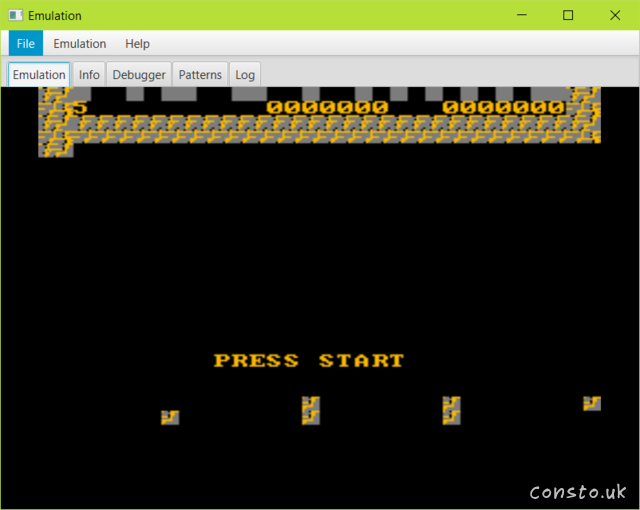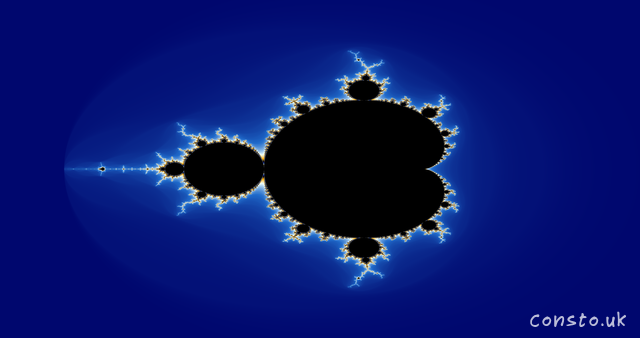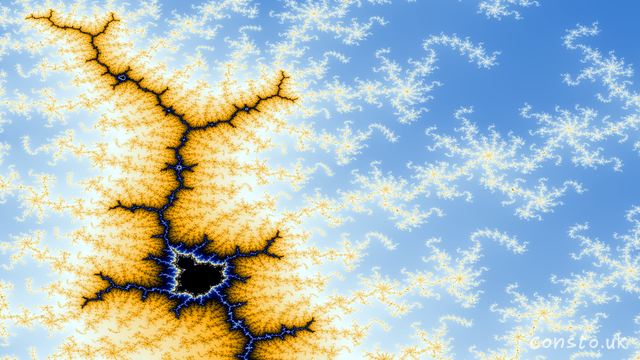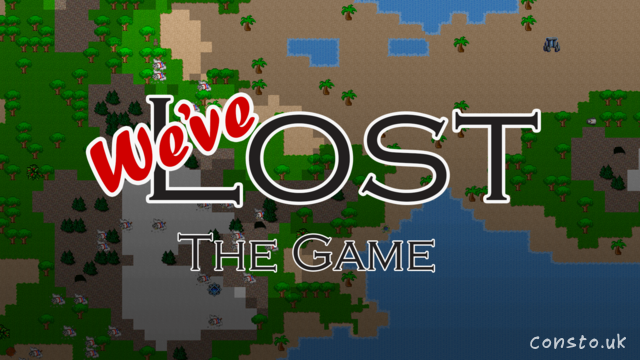Block world is a simple 2D sliding puzzle game taking place on a finite rectangular grid. You manipulate the world by swapping an agent (In this case the character: ☺) with an adjacent tile. There are up to 4 possible moves that can be taken from any tile. As you can imagine, with plain tree search the problem quickly scales to impossibility for each of the blind searches.
It is very similar to the 8/15 puzzles, just with fewer pieces, meaning it’s simpler for the algorithms to solve. It’s unlikely any of my blind searches could solve a well shuffled tile puzzle with unique pieces, but I suspect my A* algorithm could. However, before doing so I would want to spend time improving my Manhattan distance heuristic, so it gave more accurate results over a larger range.
I decided to use Java to solve this problem, as I’m familiar with it and it has a rich standard library containing Queue, Stack, and PriorityQueue. These collections are vital to implementing the 4 search methods. You can implement the different searches differently, but the data structures I listed just deal with everything for you.









